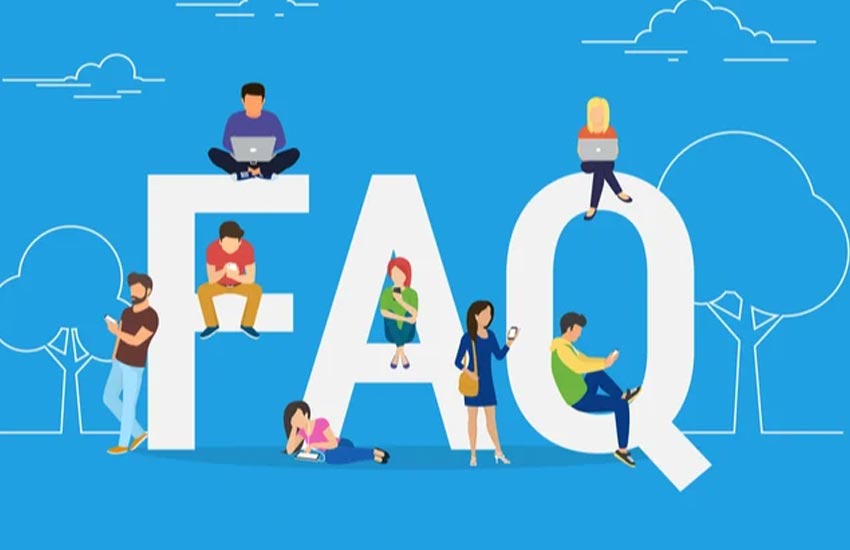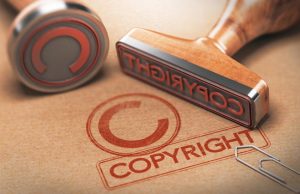Have you got a great invention idea? Did you know that if it is truly unique, you can protect your invention by applying for exclusive rights to produce that product through the patent system? The following are some frequently asked questions that come up when people like you are looking into how to get a patent on an idea.
If you need extra help with getting a patent though, Invent and Present is there for you with patent services to help speed along your process.
What is a patent?
A patent is formal recognition that a person is the owner of an original idea and are afforded exclusive rights to produce that product commercially. Once you have a patent on an inventive idea, other persons or businesses cannot use that idea in their products without having a deal with you first.
Patents however do not give ‘carte blanch’ on exploiting that idea, as government authorities may still have to authorize the product for public use (medical, chemicals, mining, etc.) As well, if your patent depends on ideas from a previous patent, then you’ll still need permission from that earlier patent owner to produce your product.
Why is a patent valuable?
Before you learn how to get a patent on an idea it’s best to know why it’s valuable. By protecting your idea, a patent allows you to push an advantage over competitors by preventing them from using your ideas in the marketplace so that they cannot directly compete against you. Patents also have a secondary effect of boosting the value of your company and can also be used to boost profits by licensing out the patent.
What can be patented?
You cannot patent just an idea; you need to be able to create a concrete embodiment of the idea that is functional. Although, a patent doesn’t have to be on just a physical object, device or product, as you can patent processes, or methods as well. Device and product patents require disclosing its physical details and composition. Process and method patents require disclosing the process steps.
How long is a patent good for?
Every country has a different method to which they handle patents, however in general patents are good for 20 years from the filing date for utility patents, and 14 years from date of granting on design patents, and often require a yearly fee to maintain the patent.
Who owns the patent?
The patent is generally owned by the person who files for a patent. However, if a person who comes up with an idea is working for a corporation, the employment contract with the corporation may stipulate any ideas patented within the corporation’s industry reach will be granted to the corporation.
How can I get a patent?
An application must be filled out and associated fees paid to the patent office of the country you are applying for a patent in. Once filed, the patent office, once it gets to your patent, will search its expansive database to ensure other patents are not infringed upon in your application. It will also determine whether the patent idea was already public domain knowledge before the filing date and use all its available information to determine whether to legally grant the patent.
Where can I get help getting a patent?
Getting a patent can be a costly and time-consuming process that takes many months or years to complete, but when figuring out how to get a patent on an idea, you should consider patent services, such as those available from Invent and Present to boost your chances of success. Contact us for more information.




